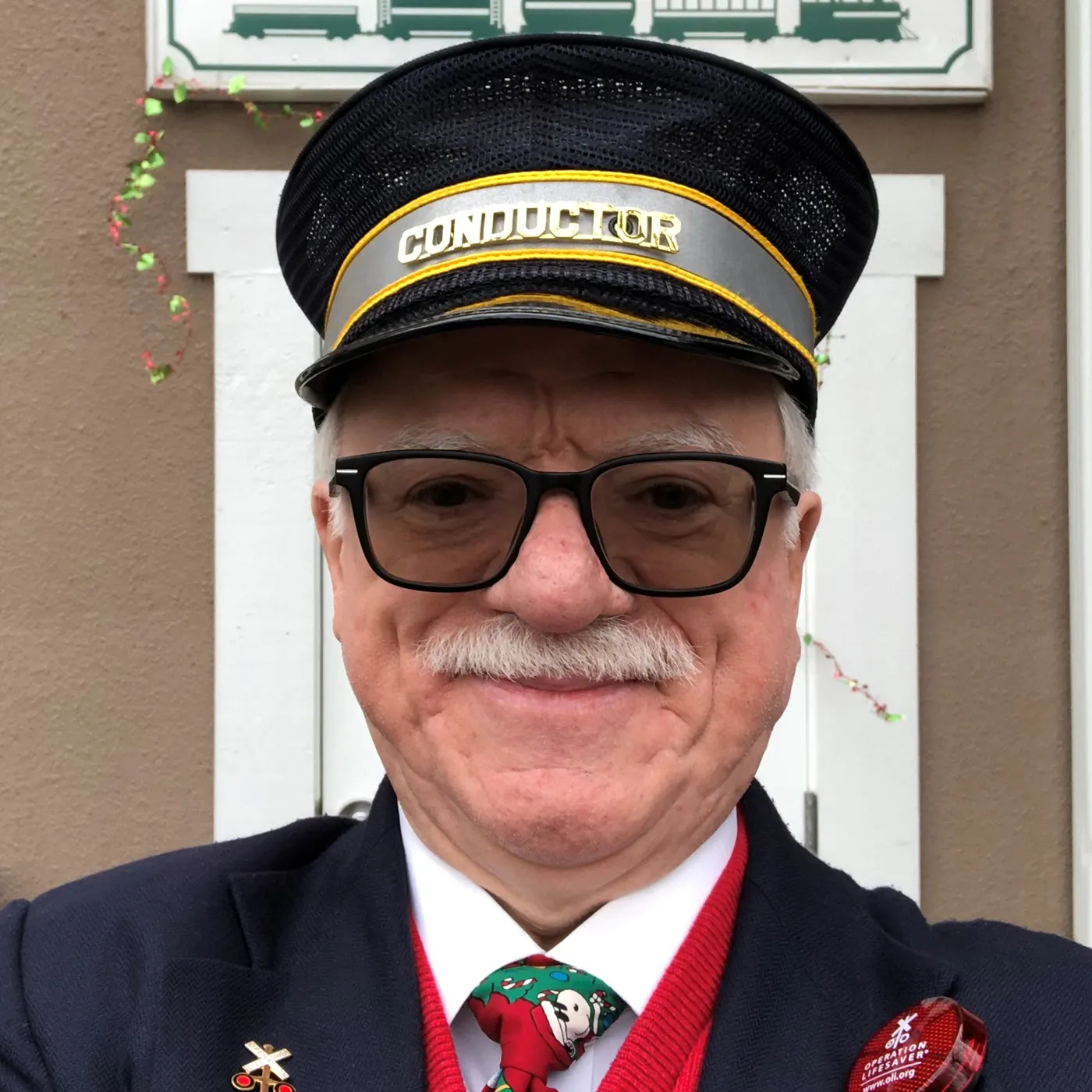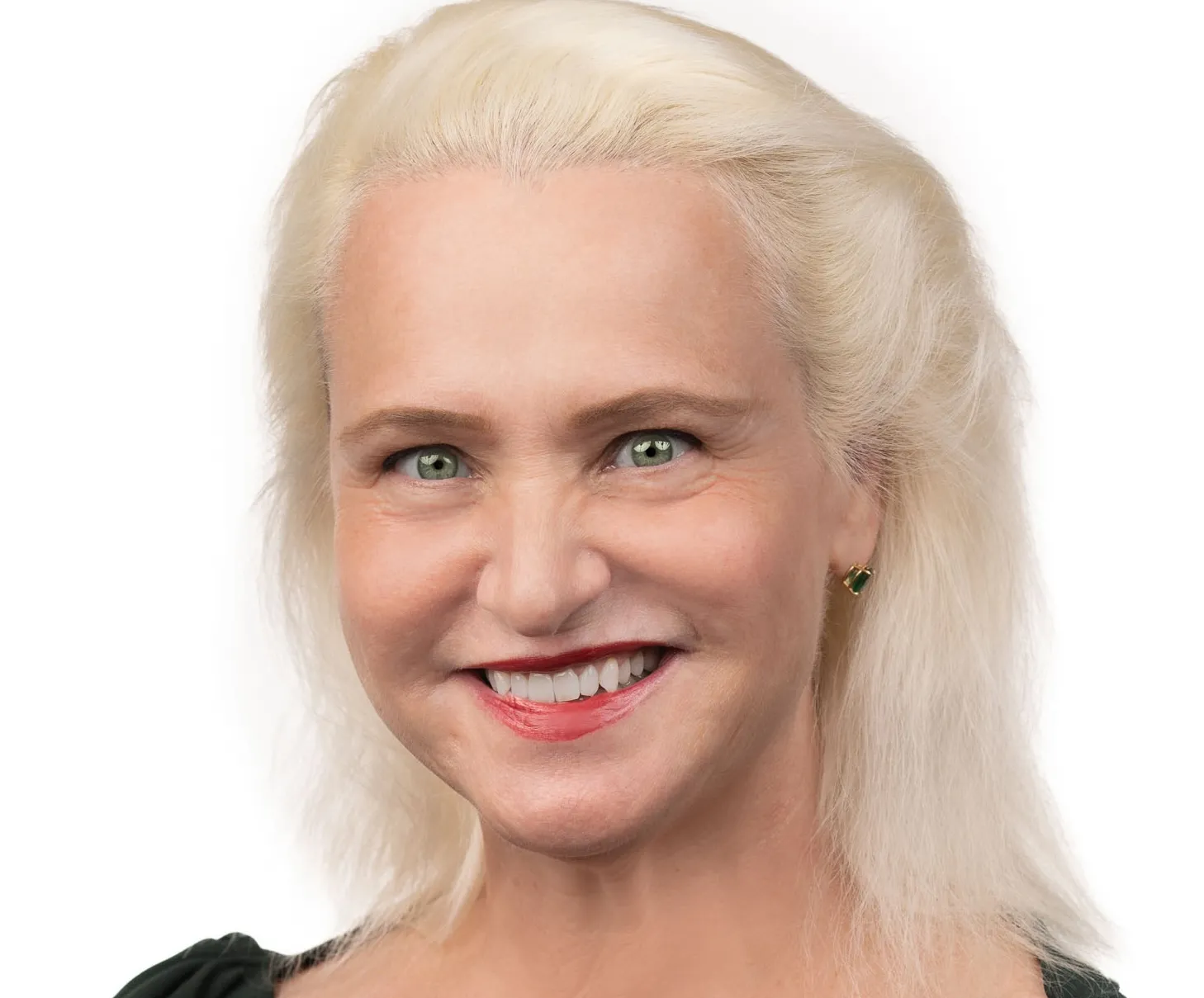David Applegate, ’78: Top IP Lawyer Traces His Success to Science and Storytelling

This year, David Applegate, ’78, moved to of counsel status at Williams, Barber and Morel, capping a career of exceptional accomplishments and contributions.
He chaired the intellectual property practice group at Williams Barber for almost twenty years. As a litigator since 1984, he has never had a case reversed on appeal. As the lead author on amicus briefs to the US Supreme Court, his track record is 7–1 in supporting grants of certiorari and 4–2–1 on the merits. The US District Court for the Northern District of Illinois and the Chicago Chapter of the Federal Bar Association have recognized him for his outstanding pro bono service to indigent clients. In more than fifty publications, in scores of speaking engagements, and as a teacher and mentor of young lawyers, he has shaped the way the law is understood and practiced.
Applegate’s college background helped prepare him for his IP successes. “I went to Yale thinking I was going to become a scientist, so I took physics, chemistry, and math classes,” he said. “When dealing with scientists on IP cases, I’m like Jane Goodall with the apes: I’m not one of them, but I understand them.”
Tracing his success to earlier days, Applegate was a high school and college debating champion. He blossomed further at the Law School, winning the Lewis Powell Award for Excellence in Appellate Advocacy and participating on the moot court team that triumphed in regional competition.
“In my first high school debate I was so anxious that I nearly passed out,” he recalled. “The debate moderator was worried enough that he let me sit during my presentation. But I came in second, and it was thrilling to me. I found that I loved persuading people, telling them stories they could relate to. Throughout my career, I have enjoyed engaging with juries in that way. I tell young lawyers that whatever they’re doing, it’s about storytelling, and the best story will win.” Applegate said that when he came to the Law School, he knew nothing about what lawyers did. “It was all Perry Mason to me—and then my eyes got opened to whole new possibilities and new ways of understanding the world, thanks to great professors like David Currie, Walter J. Blum, and Richard Posner. Sure, it’s a cliché, but it was about the life of the mind, and so inspiring to me.”
The life of the mind continues to energize him. For more than sixteen years he has been a master member of the Richard Linn American Inn of Court, and before that he was a member of the Chicago Lincoln American Inn of Court. He is a founding member of the Intellectual Property Institute; he has been an unpaid advisor to the Heartland Institute since 2012; and his membership in the Federalist Society, which dates back to 1996, includes board roles as well as organizing and leading many “tavern debates” on issues of law and public policy.
Another of his distinctive achievements is his collection of comic-strip and cartoon art, which is internationally recognized. He has created more than twenty limited-edition print compilations of commentaries on noted artists and publications. “I got hooked when I was quite young, when a collector showed me some original comic-book drawings. I can still feel the energy radiating from those pages,” he said.
Applegate plans to devote more time to cataloging and expanding that collection in the years ahead, and he will continue his writing, speaking, and advisory activities related to law and public policy. He is looking forward to mentoring young lawyers and law students, sustaining his longstanding practice of giving his business card to those he meets and encouraging them to contact him, and he intends to do more to educate the public about the rule of law. “The Constitution’s principles are basic,” he said. “It isn’t as opaque as many people think, and I get a lot of pleasure from demystifying it.”


